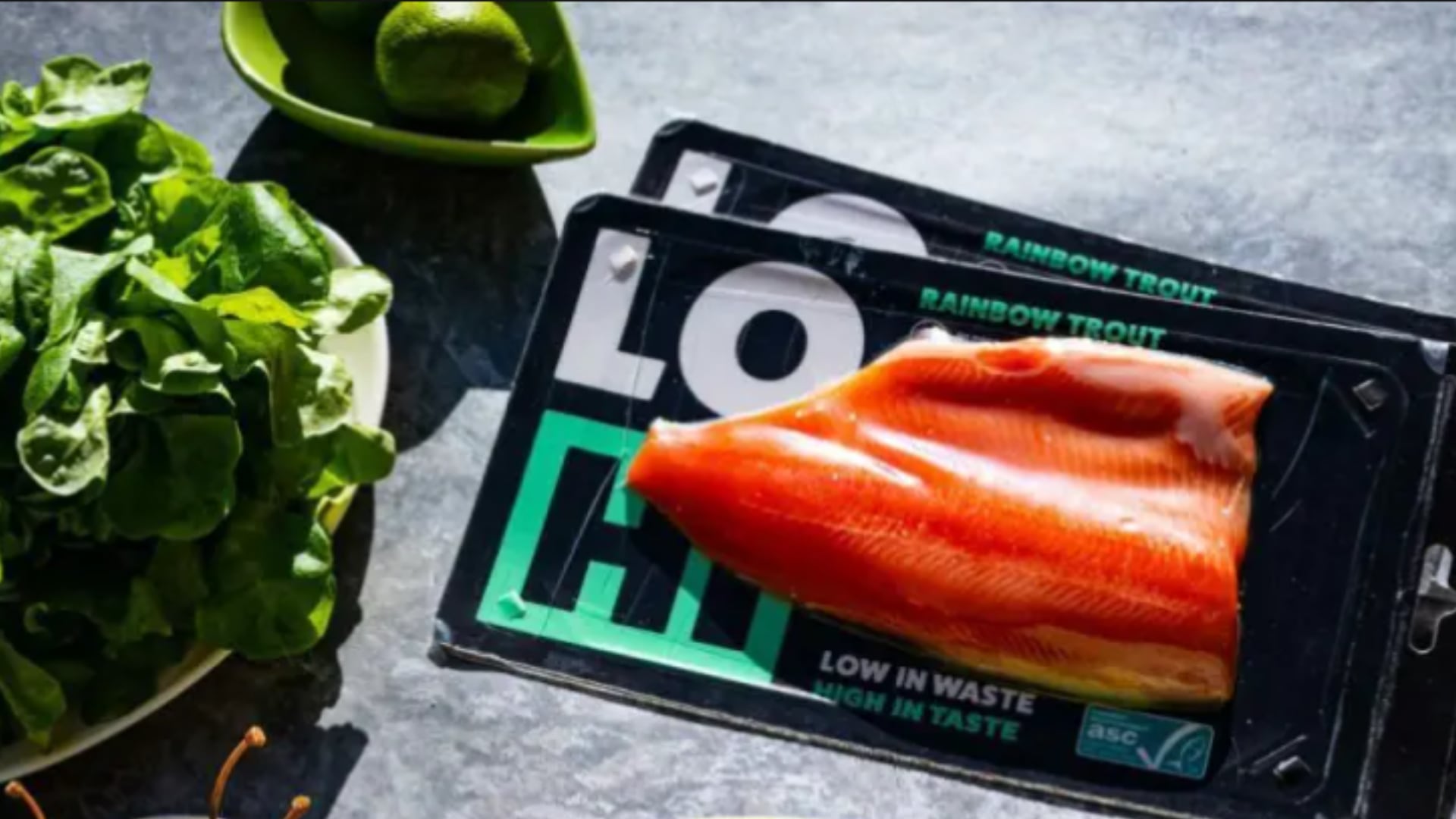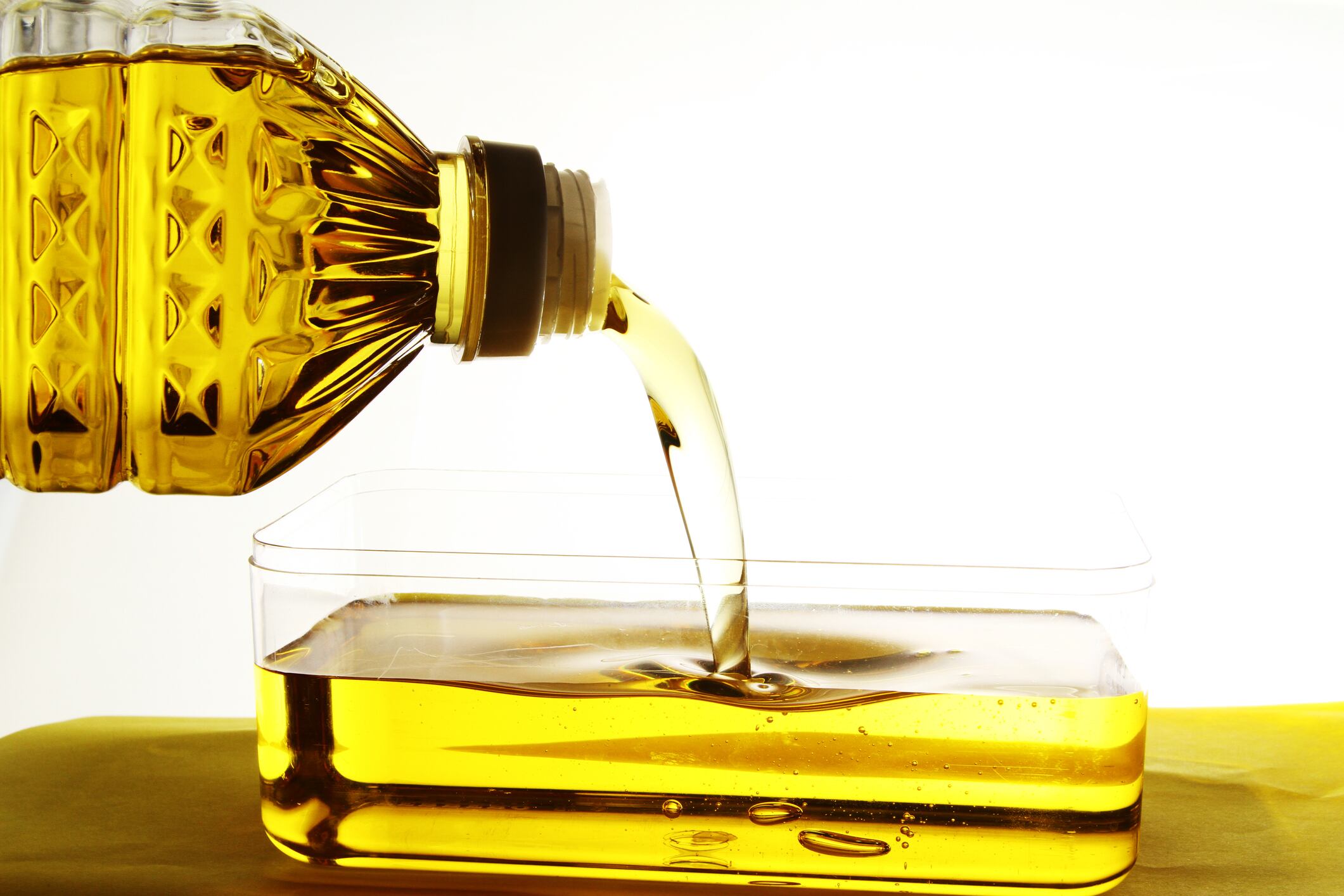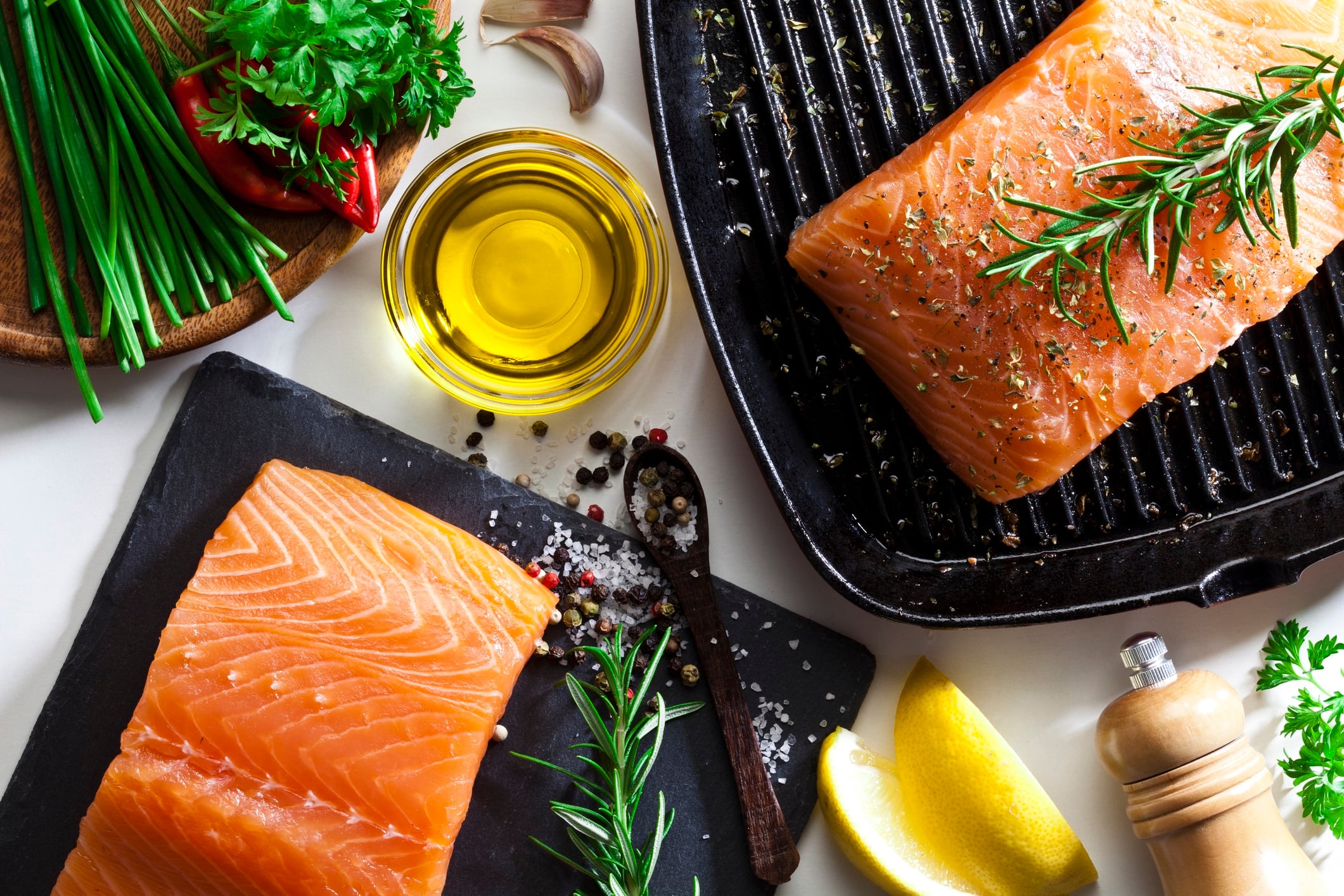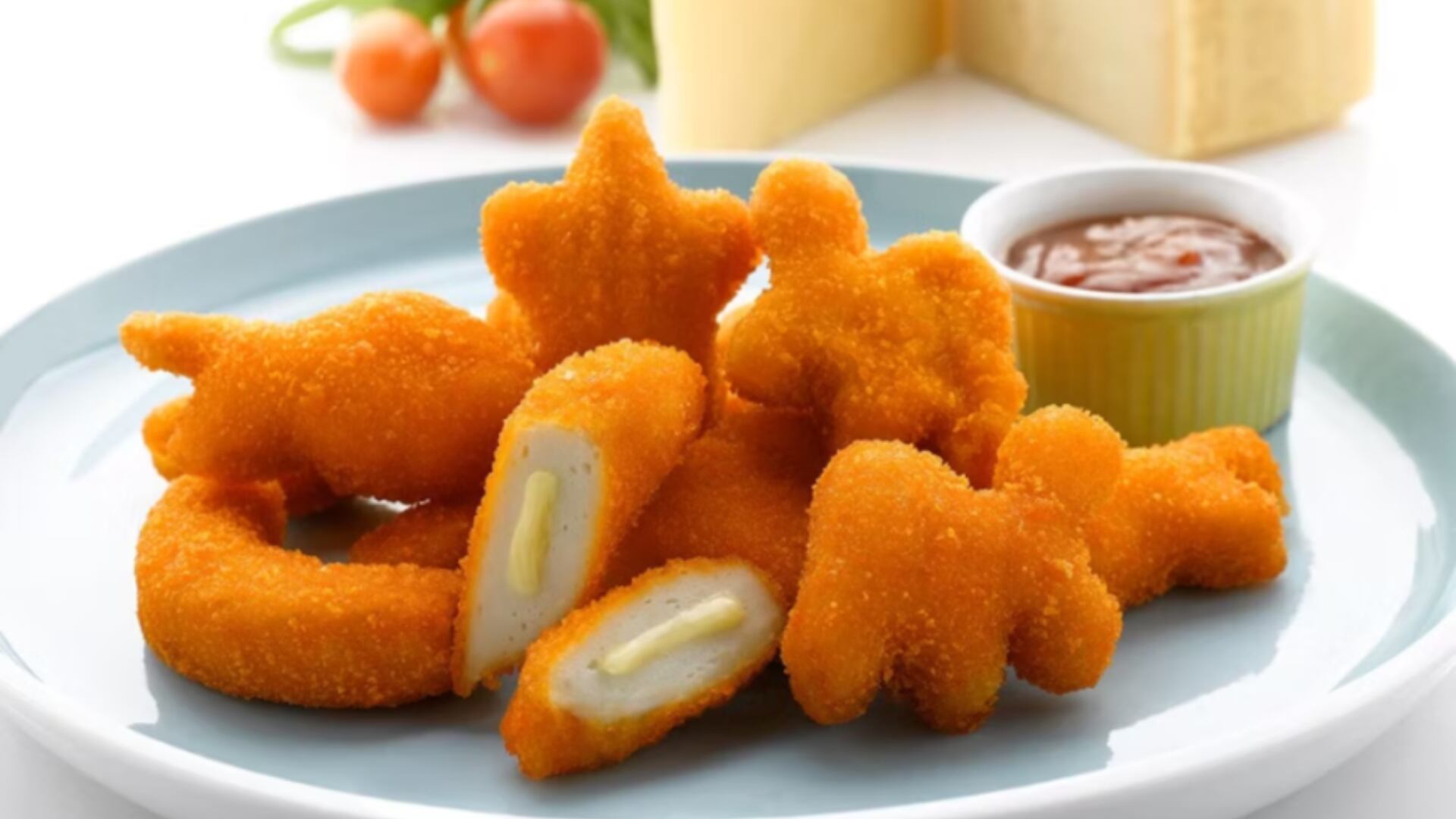Finnforel, a Finnish aquaculture firm, has launched its premium rainbow trout brand LoHi in the UAE as part of its global expansion strategy.
CEO Nora Hortling said the UAE’s high fish consumption, growing appetite for salmonid species, and demand for sustainable, healthy foods made it an appealing entry point.
“There’s clear demand for salmonids – which includes trout and salmon – in the UAE. Trout is still relatively unfamiliar to local consumers, but interest is growing,” Hortling told us.
The UAE is a cosmopolitan hub in the Gulf, but its local cuisine remains influenced by its heritage as a fishing community.
This heritage remains visible in traditional Emirati fare, where seafood dishes such as Samak Mashwi – grilled fish marinated with local spices – and Jesheed, a slow-cooked dish made with minced white fish and aromatic seasonings, continue to hold a place at family tables and local restaurants.
Such dishes reflect the UAE’s long-standing connection to the sea and its influence on local tastes.
Furthermore, the region’s growing focus on aquaculture innovation makes this market particularly exciting for the firm.
“The market for efficient, healthy food is expanding by roughly 5–6% annually, so there’s strong potential for the future. We also see a sizeable consumer base that values sustainable and healthy products,” said Hortling.
Focus on convenience and nutrition
Trout is a good source of omega-3 fatty acids and protein, and offering ready-to-cook fillets in supermarkets is an effective way to tap consumer demand for convenient nutrition.
The LoHi fillets debuted in September at selected LuLu Hypermarket stores in Dubai, one of the region’s largest retail chains, with additional partnerships planned with two other major supermarkets in the coming months.
“We grow smaller fish, resulting in ready-to-cook portions of about 150 grams – perfect for one serving. This minimises food waste and simplifies preparation. They cook in just 3–5 minutes, which suits busy lifestyles,” said Hortling.
Finnforel rears its rainbow trout for about one year to a 700g harvesting weight, ensuring optimal texture and taste.
The firm currently supplies to retailers in the UAE but sees strong growth potential in the HORECA sector, where portioned fillets can save time for commercial kitchens.
It is also open to bringing in marinated options – such as tomato-basil and lemon-parsley fillets– currently available only in Finland.
“The seasoning ingredients are sourced from a Finnish supplier and all processes are done in our factory. We manage the entire value chain – from broodstock and fingerling production to slaughtering, processing, seasoning and packaging – all under one roof. That gives us full traceability and efficiency,” Hortling said.
She added that Finnforel continues to invest in its sustainable closed-loop fish farming system.
Sustainable and efficient growth plans
Finnforel has been in talks with Abu Dhabi’s ADQ, an investment and holding company, regarding a potential aquaculture plant in the UAE.
“That’s part of our long-term vision. We’ve completed the design phase for a plant replicating our recirculating aquaculture system (RAS) facilities locally, which would reduce transport needs and enable sustainable, local fish production. The project is on hold, but our goal remains to build facilities near key consumer markets worldwide,” said Hortling.
She added that by 2026, Finnforel aims to expand into new markets in either Europe or Asia, depending on ongoing negotiations.
What is the recirculating aquaculture system (RAS)?
With global protein demand expected to rise by 50% by 2050, Finnforel’s closed-loop aquaculture system offers a scalable and sustainable solution.
Developed in Finland, the system utilises recirculating aquaculture system (RAS) technology, where water is continuously purified and waste minimised, resulting in a nearly emission-free operation.
It also prevents farmed fish from escaping into the wild, addressing biodiversity concerns linked to open-ocean aquaculture.
“Our fish are produced in a closed-loop RAS facility, meaning we recirculate 99% of the water. This prevents environmental harm typically caused by traditional open-net fish farming. The outgoing water is cleaned twice, and all sludge – from feed and waste – is collected and used for biogas production,” said Hortling.
“Because it’s a closed environment, we don’t face the same disease or sea lice problems as conventional salmon farming, so we don’t use preventive antibiotics. The water is also microplastic-free. We’re ASC-certified, which ensures an external party audits our production process.”
Hortling notes that sustainability awareness is rising globally, and governments are introducing stricter regulations to protect aquatic ecosystems.
For instance, Canada plans to phase out traditional fish farming in British Columbia by 2029 to safeguard wild salmon and support the shift toward closed-containment systems.
She emphasised that growing consumer awareness around health and sustainability, coupled with tighter aquaculture regulations, will continue to shape the future of seafood production worldwide.





